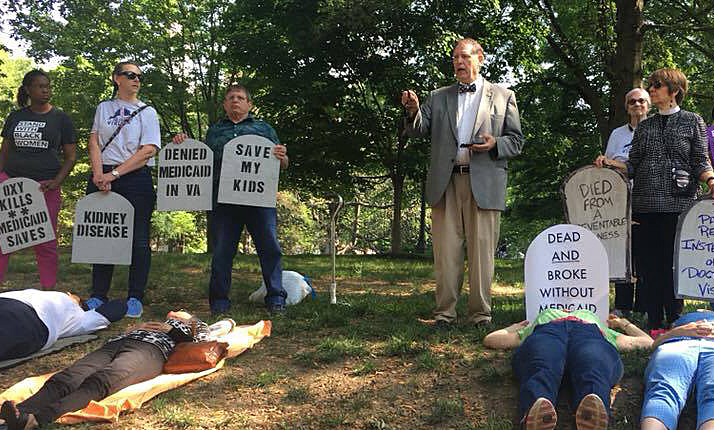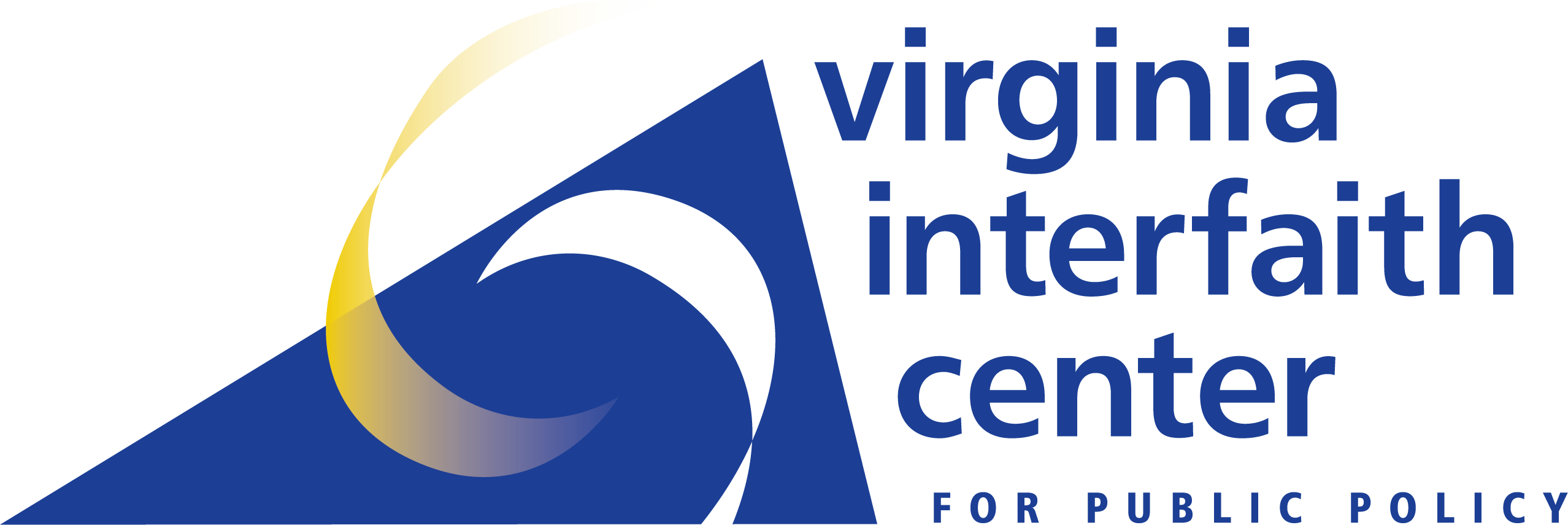
State lawmakers shouldn’t risk a budget crisis over Medicaid
By Gordon C. Morse
For The Virginian-Pilot
Come midnight, June 30, the commonwealth of Virginia will either have a new state budget in place — approved by the General Assembly, signed by the governor — or its authority to spend money will end.
At least that’s the operational framework being employed at the moment and Senate Majority Leader Tommy Norment assures one and all — rather pointedly, in fact — that Virginia will have a budget.
On the other hand, Gov. Ralph Northam’s administration has its collective nose deep into the books to extract any conceivable options should the legislative machinery remain locked up.
 One untested possibility — meaning, untested by the courts — would involve a gubernatorial claim of spending authority on the basis of dire, emergency circumstances. Virginia could then preserve public order and safety and all that stuff.
One untested possibility — meaning, untested by the courts — would involve a gubernatorial claim of spending authority on the basis of dire, emergency circumstances. Virginia could then preserve public order and safety and all that stuff.
That would allow lawmakers to have additional time to work out differences between the House of Delegates and state Senate over, mostly, a proposal to extend the state-administered Medicaid program to several hundred thousand uninsured Virginians.
There are various aspects to the dispute, but essentially the House would include Medicaid expansion in the state budget and the state Senate would not — or, presumably, it would prefer a less expansive extension.
It gets a little vague on the Senate side, and not unintentionally. The ruling Senate Republican caucus, with its narrow majority, has to sort through its own internal differences before it can resolve differences with both the Democrats and the majority Republicans (narrow there, too) in the House.
But here’s the thing: As a practical matter, you do not even want to flirt with a buy-some-time spending arrangement. It would offer little solace and much regret.
Why? Because it would break, finally and completely, Virginia’s long-standing reputation for fiscal rectitude. It would communicate to the financial community that Virginia was no longer Virginia, that it has become some other place — fiscally speaking.
This moderately grates on some people, I know. When bond rating agencies get in the mix — as they did in 2004, when Gov. Mark Warner successfully used the threat of a credit downgrade to advance his tax plan — it fueled some legislative resentment.
But a deterioration of order, of financial restraint and discipline, however imposed, is never a good thing. If you imagine otherwise, let’s take a ride up Interstate 95 to fiscal Crazytown.
Virginia has enjoyed its highest-in-the-nation bond rating — triple, triple A (all three rating agencies put Virginia at the top of the top) since 1938.
That’s 80 years of reliability in the face of war, recession, depression, you name it.
Do you casually pitch that record out the window? Heck, no — and there’s no need to do so in this instance.
There’s certainly huge pressure on the legislature as a whole and Norment in particular, as the functional pivot man in this situation.
He’s up to it. No one in Richmond these days better appreciates the institutional dynamics of competing imperatives. Norment takes to the dark waters of uncertainty and political angst with near-perverse enthusiasm.
As a result, he gets it from all corners, invariably responds in kind and last week dispatched a missive that is classic Norment.
Having received word from the Rev. Charles Swadley (a steady voice in support of Medicaid expansion) to do the right thing, Norment replied, “It is a policy decision that is important from a humanitarian perspective; and from a financial perspective.
“Both perspectives must be thoughtfully considered,” Norment wrote. “I do not need to be persuaded about the humanitarian perspective. I am already persuaded. However, the financial perspective requires much more deliberation. I owe a stewardship responsibility to all Virginians.”
Norment gets the stewardship part dead right, and a great many Virginians — the righteous included — fail to appreciate how difficult a balancing act this is.
The arguments favoring Medicaid expansion — in the cause of preventative care or as an alternative to having the uninsured just show up at the local emergency room when stricken — have grown more compelling.
That’s why some lawmakers adjusted their stance on Medicaid — that, and an instinct for political survival.
But there are compelling reasons, too, for keeping it all within bounds — for not letting Medicaid expenditures become an open-ended threat to other state priorities, such as K-12 and higher education.
Add this, too: It’s out now that Apple has its eye on us. It might want to create a campus of 20,000 employees in Northern Virginia. That comes in addition to the ongoing interest in Virginia by Amazon and the massive economic impact that could represent.
Would this, therefore, be a good time — propitious, as it were — for the state budget process to run off the rails? No.
After writing editorials for The Daily Press and The Virginian-Pilot in the 1980s, Gordon C. Morse wrote speeches for Gov. Gerald L. Baliles, then spent nearly three decades working on behalf of corporate and philanthropic organizations, including PepsiCo, CSX, Tribune Co. and the Colonial Williamsburg Foundation and Dominion Energy.
